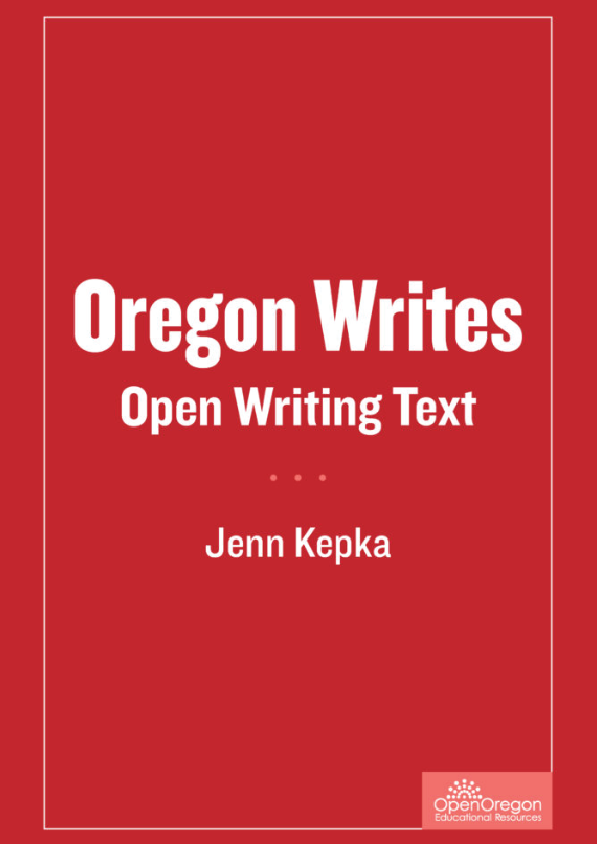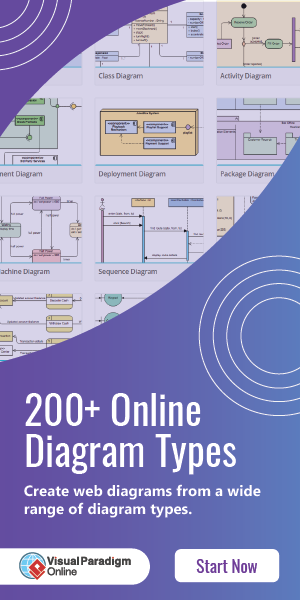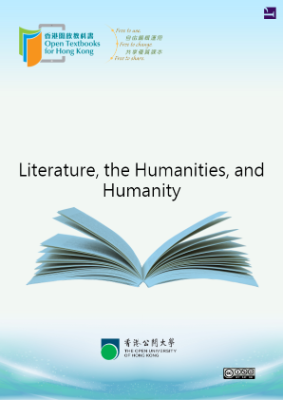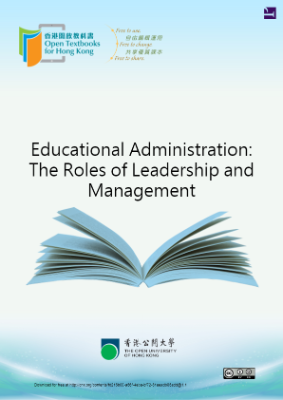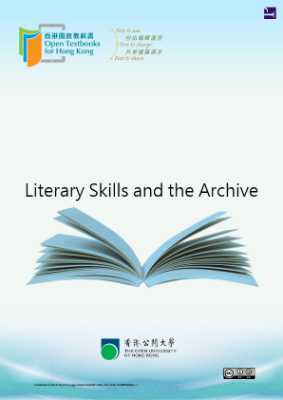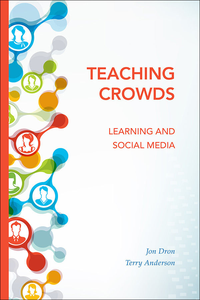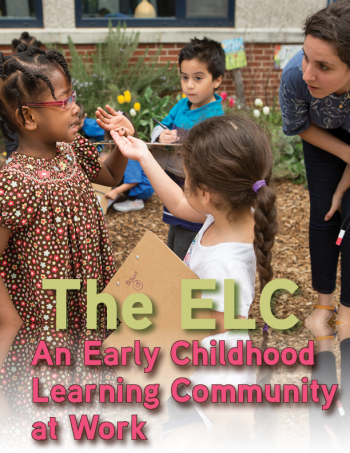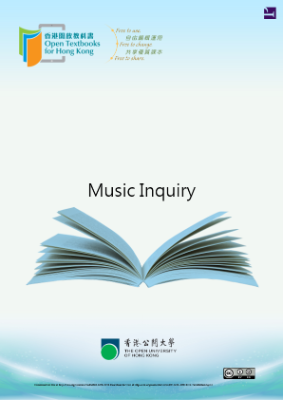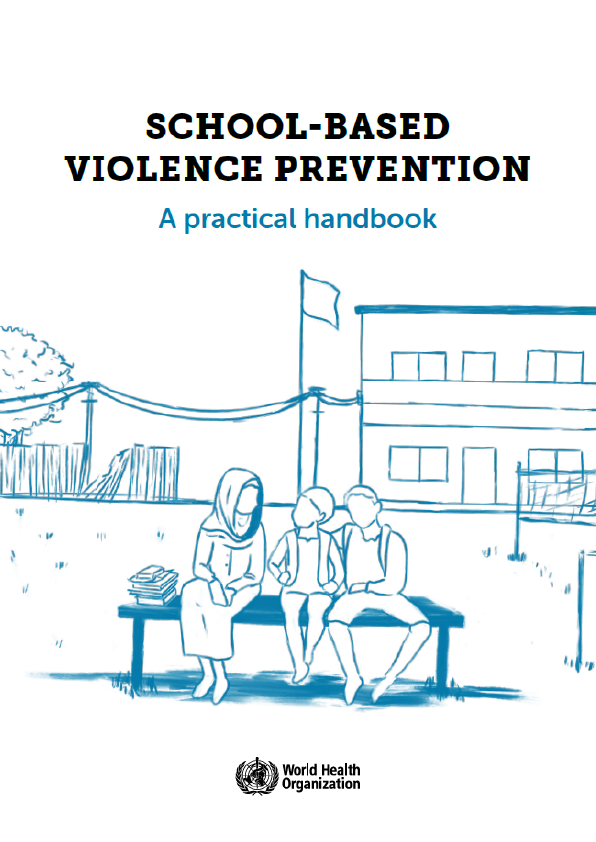There are hundreds of wonderful, free writing resources available online, yet most college writing classes in Oregon still use expensive textbooks. This book is the result of an exploration into why this is still true: what does it take to replace those comfortable, paper texts with something much less expensive and yet equally valuable?
The answer has been that it takes input: from composition instructors, from librarians, from those who have collected and composed texts before, and from students, who have been frustrated by textbook prices for longer than most instructors have been paying attention.
The goals of this book are simple: To provide a low-cost, high-value resource that addresses the major outcomes of Writing 121 statewide. To that end, inside you’ll find discussions on how to analyze writing assignments and readings; how to get started writing an essay; how to research ethically and thoroughly; and how to use different genres of writing to accomplish your goals.
This book collects freely available works under a Creative Commons license. All works here are adaptable; all works here are printable and downloadable for free. This book is what any instructor or student will make of it: it can be cut down to only include certain chapters or expanded to include examples as necessary.
This is also very much a living text. As its coordinator/collector/editor, I would welcome suggestions on its improvement, from minor line-edits to major revisions. Contact me any time at coordinator@oregonwrites.org to get involved — and student writers, that invitation is certainly open to you, as well!
All-in-all, I hope this text serves as a starting point for conversations about and in writing. Welcome to College Composition!
The process of preparing to write is as important as the drafting process itself; in many cases, it’s more important. Yet this is the process that most of us will skip when in a rush, preferring to dive directly into the writing part of any given writing assignment.
Here, through a few excellent readings, we’ll look at the value of starting early; of considering a college writing assignment thoroughly to avoid the misunderstandings that lead to costly rewrites and failing grades; and of considering your audience and final purpose before pen (or keyboard) connects to paper.
Our first section on pre-writing also serves as a review of active reading, the most critical skill for college (and daily life) survival that we teach.
When you write for a teacher you are usually swimming against the stream of natural communication. The natural direction of communication is to explain what you understand to someone who doesn’t understand it. But in writing an essay for a teacher your task is usually to explain what you are still engaged in trying to understand to someone who understands it better.
Often when you write for an audience of one, you write a letter or email. But college papers aren’t written like letters; they’re written like articles for a hypothetical group of readers that you don’t actually know much about. There’s a fundamental mismatch between the real-life audience and the form your writing takes. It’s kind of bizarre, really.
It helps to remember the key tenet of the university model: you’re a junior scholar joining the academic community. Academic papers, in which scholars report the results of their research and thinking to one another, are the lifeblood of the scholarly world, carrying useful ideas and information to all parts of the academic corpus. Unless there is a particular audience specified in the assignment, you would do well to imagine yourself writing for a group of peers who have some introductory knowledge of the field but are unfamiliar with the specific topic you’re discussing. Imagine them being interested in your topic but also busy; try to write something that is well worth your readers’ time. Keeping an audience like this in mind will help you distinguish common knowledge in the field from that which must be defined and explained in your paper. Understanding your audience like this also resolve the audience mismatch that Elbow describes. As he notes, “You don’t write to teachers, you write for them.”
